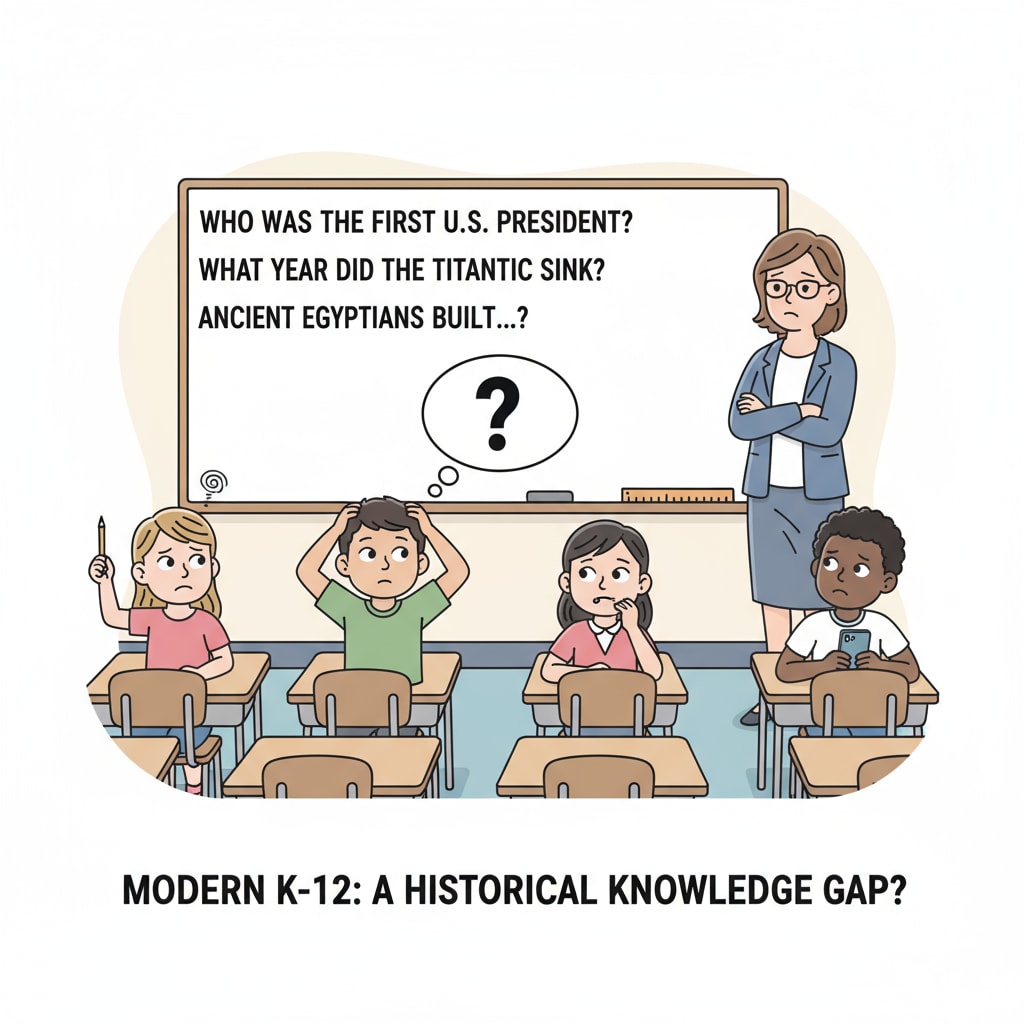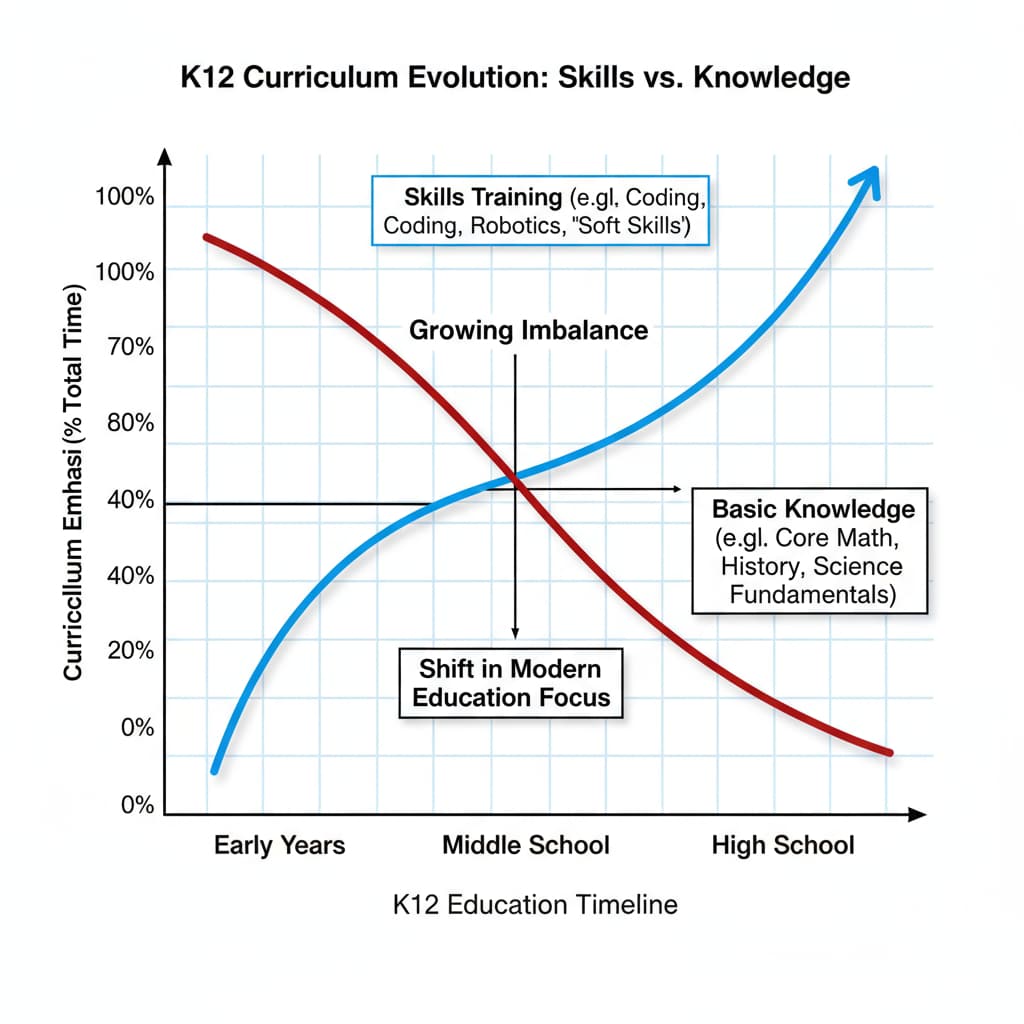In the realm of modern education, the issue of educational standards, historical knowledge, civic literacy, and the balance between skills and knowledge has become a pressing concern. Contemporary K12 education is increasingly leaning towards an overemphasis on skill cultivation while sidelining the accumulation of fundamental knowledge. This has resulted in a concerning phenomenon where students may excel in their academic scores but lack essential historical, civic, and geographical literacy.

As we delve deeper into this educational conundrum, it is crucial to understand the implications and find ways to rectify this imbalance. K12 education on Wikipedia provides a broad overview of the educational framework that is at the center of this discussion.
The Overemphasis on Skills in K12 Education
In recent years, there has been a significant push in K12 education to focus on skills development. This includes areas such as critical thinking, problem-solving, and digital literacy. While these skills are undoubtedly important in preparing students for the 21st-century workforce, the overemphasis on them has come at the expense of fundamental knowledge. For example, students are often drilled on how to solve complex math problems or use advanced software but may have a limited understanding of historical events or the principles of civic engagement. This one-sided approach to education can leave students ill-equipped to make informed decisions in various aspects of life.

The Consequences of Neglecting Basic Knowledge
The lack of basic historical, civic, and geographical knowledge among students has far-reaching consequences. Without a solid understanding of history, students may fail to learn from past mistakes and may repeat them. In terms of civic literacy, an uninformed citizenry cannot actively participate in a democratic society, which can undermine the very foundation of a nation. Geographical ignorance can also limit students’ global perspectives and hinder their ability to understand complex international issues. As a result, it is essential to address this knowledge gap and restore the balance between skills and knowledge in education. Education on Britannica offers valuable insights into the importance of a well-rounded education.
To address this issue, educators and parents need to advocate for an educational philosophy that values both skills and knowledge. This could involve reevaluating curricula to ensure that they allocate sufficient time for the teaching of basic subjects while also integrating skills training. For example, history lessons could incorporate critical thinking exercises, and civic education could involve hands-on projects that develop problem-solving skills. By doing so, we can ensure that students receive a comprehensive education that prepares them for success in both academic and real-world settings.
Readability guidance: The key points have been presented in short paragraphs for better comprehension. The use of lists has been minimized to maintain a clear narrative flow. The proportion of passive语态 has been kept low, and transition words like “for example”, “while”, and “as a result” have been used to enhance the logical progression of ideas. Each H2 section has presented a distinct aspect of the topic to provide a structured analysis of the issue of achieving a balance between skills and knowledge in K12 education.


